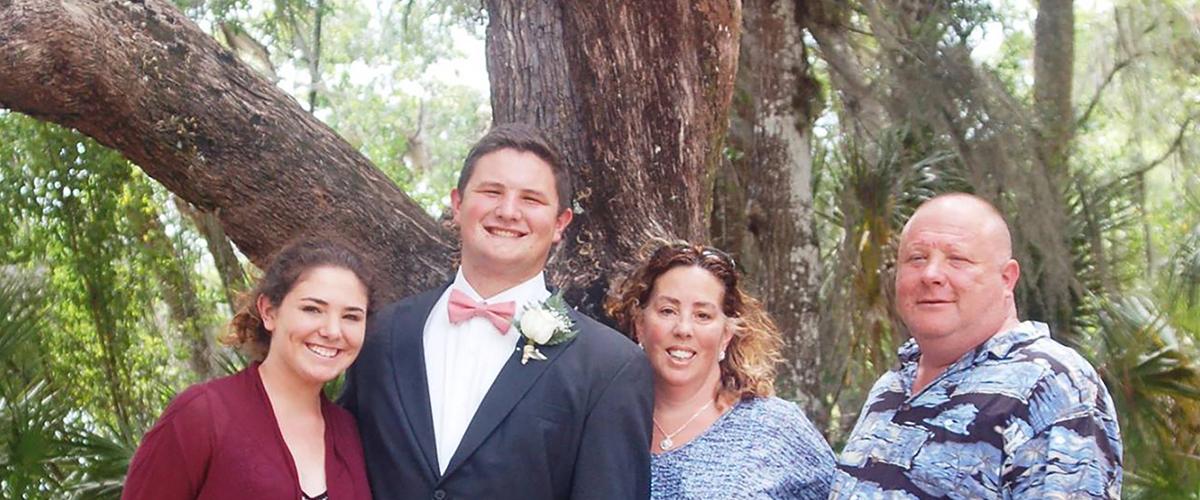MDF is pleased to announce that the U.S. Senate has, for the first time ever, included myotonic dystrophy as part of the Department of Defense’s premier biomedical research program – the Peer-Reviewed Medical Research Program. This means that myotonic dystrophy researchers can apply for funding through this research program, which Congress is providing $300 million in funding as part of the fiscal year 2018 budget.
This advocacy achievement opens up a significant new research funding opportunity, one that we hope will further accelerate efforts to find treatments and a cure for myotonic dystrophy.
MDF Advocates Made This Happen
Led by Vice Chair Woodie Kessel, MD, MPH, and MDF Board Member Martha Montag Brown, MDF advocates launched a successful grassroots campaign to build awareness of the impact of myotonic dystrophy on active duty and retired U.S. military personnel and make a personal appeal to add myotonic dystrophy to the program. Thanks to their efforts and those of MDF advocates Gareth Williams in Illinois and many others, we secured the support of influential Senators Diane Feinstein (D-CA), Thad Cochran (R-MS), and Dick Durbin (D-IL).
Your Voice Makes a Difference
While the thought of advocating for change in Congress can seem overwhelming or even pointless, this victory shows that a few committed individuals can truly make a difference. It all started with calls and emails to several Senate offices asking for a meeting. Some MDF advocates had personal meetings in Washington, D.C., some met at their Senator’s state offices, and others met with Senate staff by phone. These meetings were followed by calls and emails from other constituents highlighting the MDF community’s significant interest in the issue and helped establish a commitment from several Senators to help. MDF consultants in Washington, D.C. provided advocates with materials and guidance to help the community get the attention of the Senate and lock in support for an expansion of the program to include myotonic dystrophy.
The Peer Reviewed Medical Research Program was established in 1999 and supports research designated annually by the Senate. Last year only 48 diseases and conditions were funded under the program. Over the program’s history it has funded a total of $1.37 billion in research covering 128 different diseases and conditions.
Thank You!
This victory illustrates what MDF advocates can do when we work together to influence Congress to change the future of people living with DM. We hope you will join us as we launch our 2018 grassroots advocacy campaign. Stay tuned, and thank you again!

